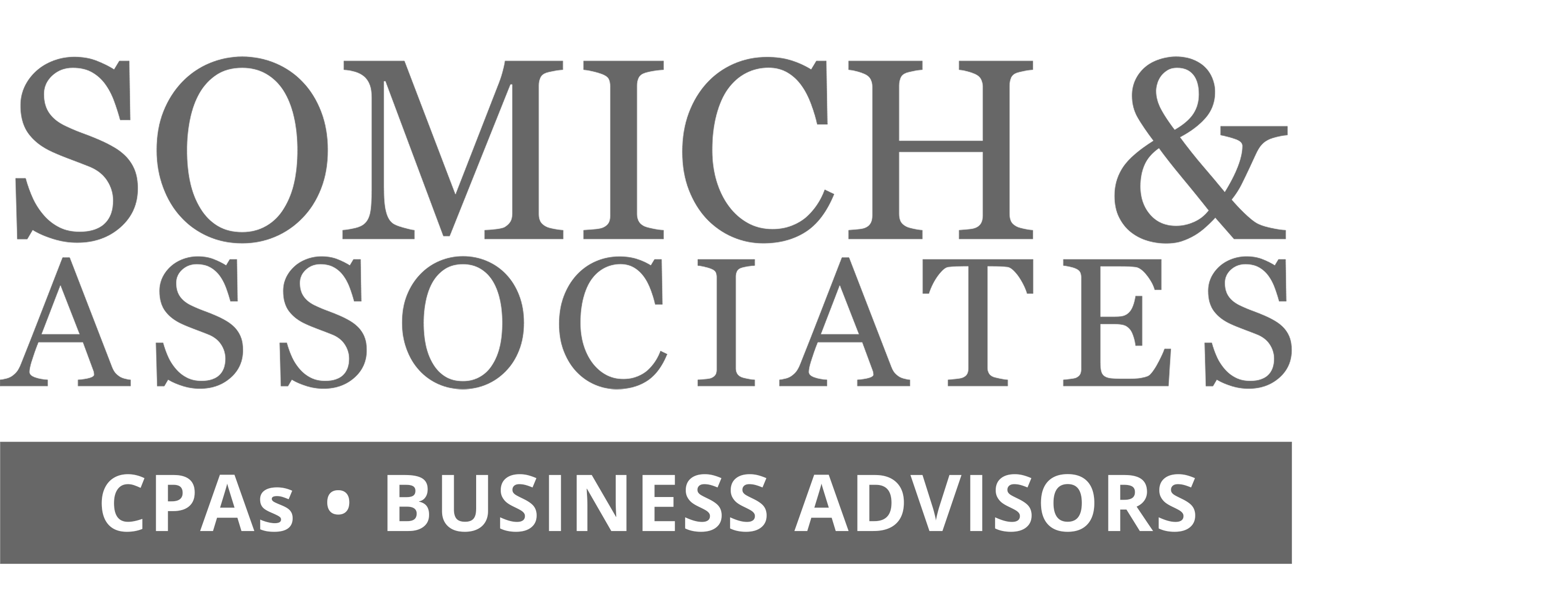Tax myths spread quickly and can cause costly mistakes or missed opportunities if you are not careful. Here are some of the most common misconceptions we hear, along with the reality and practical tips to help you stay on track.
Myth: Moving into a higher tax bracket means you’ll bring home less money.
Reality: The U.S. tax system is progressive, which means income is taxed in steps. When you move into a higher bracket, only the dollars above that threshold are taxed at the higher rate — not your entire income.
Best Practice: Know your marginal tax rate, the rate applied to your next dollar earned. Understanding this helps you make informed decisions about raises, bonuses, or additional income opportunities.
Myth: A big tax refund means you did everything right.
Reality: A refund is simply money you overpaid throughout the year — and the IRS does not pay you interest for holding it. While it might feel like a bonus, it really just means you gave the government an interest-free loan.
Best Practice: Review your prior year’s tax return and update your withholding based on current income and any new deductions such as tax-free tips, tax-free overtime, or the increased standard deduction (including the new $6,000 senior deduction). Adjusting now helps you keep more of your paycheck each month.
Myth: If you are self-employed, all your expenses are deductible.
Reality: Only “ordinary and necessary” business expenses qualify. Personal costs disguised as business expenses, such as a family vacation, will not hold up under IRS scrutiny unless there is a legitimate business purpose — and even then, only business-related portions may qualify.
Best Practice: Use a separate business bank account for all income and expenses. Keep personal and business funds separate to avoid confusion and protect your deductions in case of an audit.
Myth: If you don’t receive a 1099, you don’t have to report the income.
Reality: All income is taxable, regardless of whether or not you receive a form. Some clients or platforms may not issue a 1099, but that does not relieve you of the responsibility to report those earnings.
Best Practice: Keep records of every source of income. A simple way is to track who sent you 1099s in the past and confirm whether you earned from those sources again this year.
Tax rules can be complicated, and myths only make them harder to navigate. If you have questions about your tax situation or want help planning ahead, reach out to our team — we are here to guide you.
